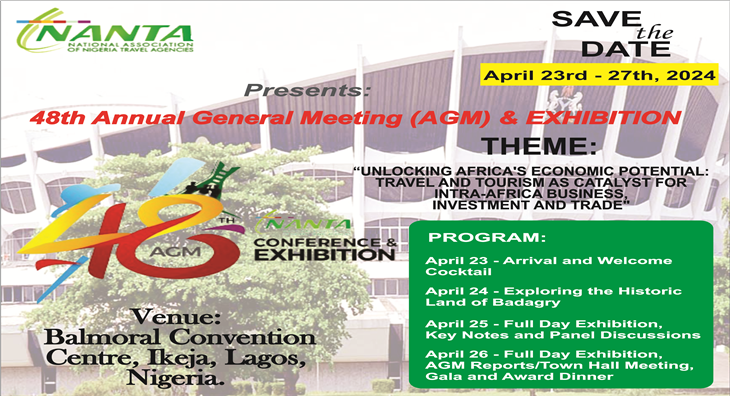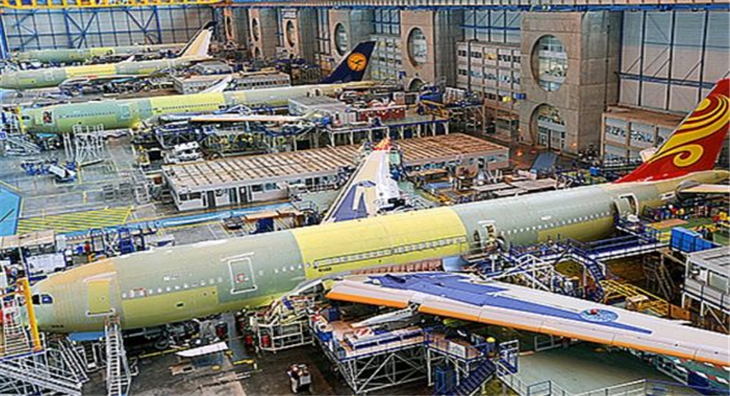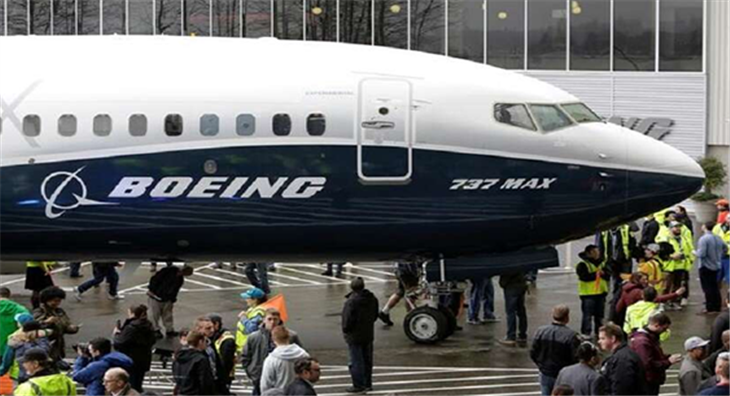- Why airlines’ pass costs to passengers-Walsh
- · Sanction on Russian oil drives up costs
The high cost of aviation fuel, otherwise known as Jet fuel and the scarcity of the commodity across the globe have been attributed to the shifting of the refining of aviation fuel to other products which led to little demand during the pandemic.
The Director-General of the International Air Transport Association (IATA), Willie Walsh who spoke to Aviation Metric in Doha, Qatar after the IATA 78th Annual General Meeting (AGM) said there was little demand for Jet A1 during the pandemic obviously because the value of activities by airlines had reduced, adding that it was not easy to switch back to the refining of crude for aviation fuel overnight.
He however stated that there was the need to see a return to refining capacity to stave off the serious impact the shortage and high costs have on the airlines.

He also put the blame on the high costs of crude oil and the refined product for the aggression in Ukraine by Russia that he said has driven up the price of oil quite significantly.
His words, “The cost of Jet fuel has a serious impact on the airlines and price of basic commodities. On the Oil Brent benchmark that we use, it is very much influenced by what is happening in Ukraine, the sanctions against Russian oil and that has driven up the price of oil quite significantly”
“The second aspect is the difference between a barrel of Brent and a barrel of Jet and lack of capacity in refining. There was little demand for Jet A1 during the pandemic obviously because the value of activities by airlines had reduced. We switched attention away from Jet A1 to other products. It is not easy for them to switch back. You cannot just do it overnight. So, we need to see a return to refining capacity”
The IATA chief explained that in ten years between 2010 and 2019, Brent averaged $80 per barrel and 17 per cent on average, adding that Jet fuel was about $93, $94 per barrel.
“We are looking at an average cost of 25 per cent basic $100 dollars on average. So, Jet A1 is $125. Brent jumped from $80 to $100. Both of these have increased and both of these have an impact. In the same period, fuel represents 20 per cent of the industry cost base”, said Walsh.
In that ten-year period in the history of the industry according to him, the average cost was five and a half per cent but has now skyrocketed to 25 per cent which is said to be huge.
Lamenting the precarious situation of the carriers which costs have gone up astronomically in the last few months, Walsh said the only way out was for the carriers to pass the costs to passengers because the airlines do not have big profit margins and the reason for the high ticket prices both on the domestic and international routes.
According to him, “Airlines do not have big profit margins and ultimately, these prices are passed on to the consumers on ticket prices. No one is avoiding that if your biggest cost escalates. The industry cannot absorb this that is why you are seeing ticket prices. Ticket prices would be highly influenced by supply and demand and in certain cases, the pace at which demand has recovered has been faster than the pace at which supply has returned to the market and that clearly leads to pushing prices up”.
Nigerian airlines are having their own fair share of the escalating fuel prices that keeps rising every month. The sector had seen the cost of aviation fuel rise to N700 per litre in the three months from N250 per litre.
The situation has put the carriers in serious dire straits and unsure of what the appropriate price of air tickets should be.
Penultimate month, the carriers under the aegis of Airline Operators of Nigeria (AON) rose from a meeting to peg fares to at least N50, 000 and more for flights beyond one hour.
The airlines and aviation fuel marketers had been at loggerheads over the rising prices of JET-A1. While marketers have defended the price, which is as high as N600 per litre, airlines have insisted that it is too high, accusing marketers of exploitation.
Aviation fuel is central to the operations of an airline, as it constitutes between 30-35 per cent of an airline’s cost. The price of the commodity – laden with taxes – in the West African sub-region, is about the highest in Africa.
While the specialised fuel is sold for about $2.30 cents per gallon in Nigeria, $2.30 in Benin and $1.94 cents per gallon in Cameroon, it is sold for close to $3.14 cents in Ghana, which also produces oil. In Luanda, Angola (also an oil-producing country), it costs $3.75 per gallon; Libreville $2.05 per gallon; Khartoum, Sudan $2.44 per gallon.
It is only Equatorial Guinea that sells JET A1 for $0.46. Jet fuel prices in some African capitals are double the global average and it is posing a threat to its aviation sector development.
- Tags:
- #Bombay
- #Australiya
- #Canada
Popular Post
-
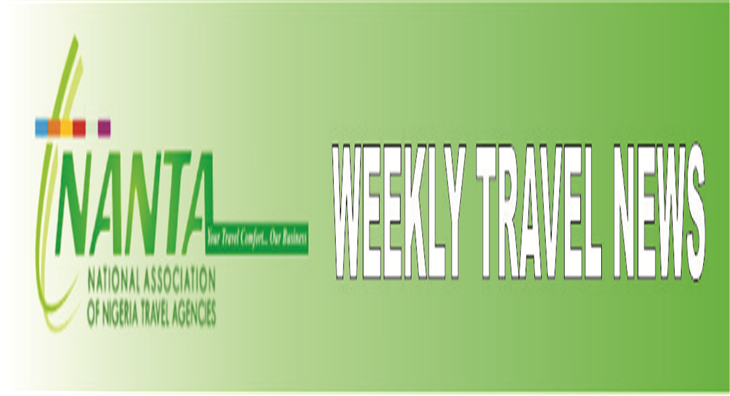
-
TRAVEL TRADE SHOW
By - Admin
-

-
Indaba short flicks
By - Admin
-

-
WTM Day 1 UPDATE:
By - Admin
-

-
NANTA 48TH AGM :
By - Admin
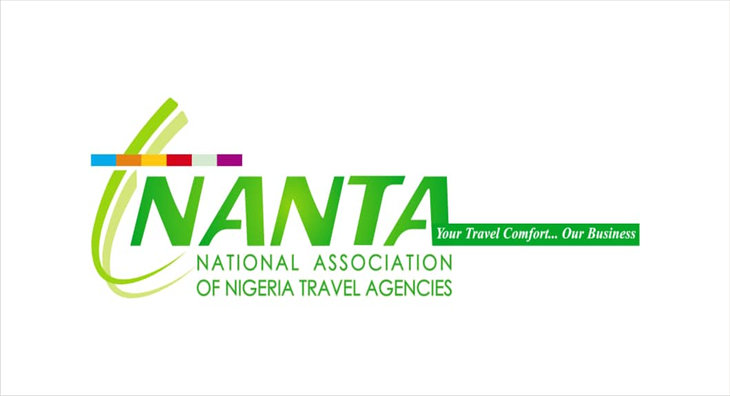
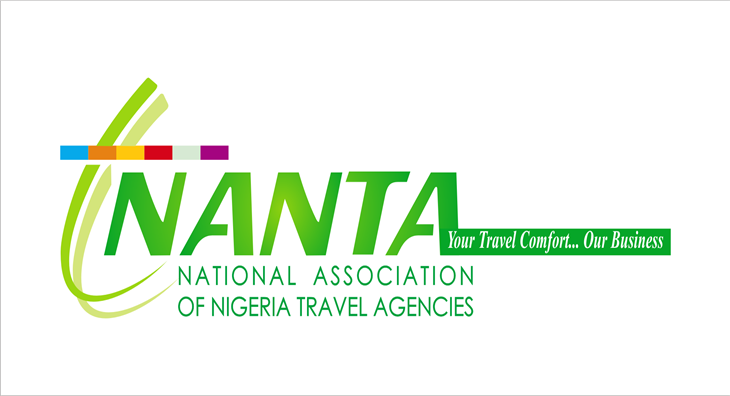

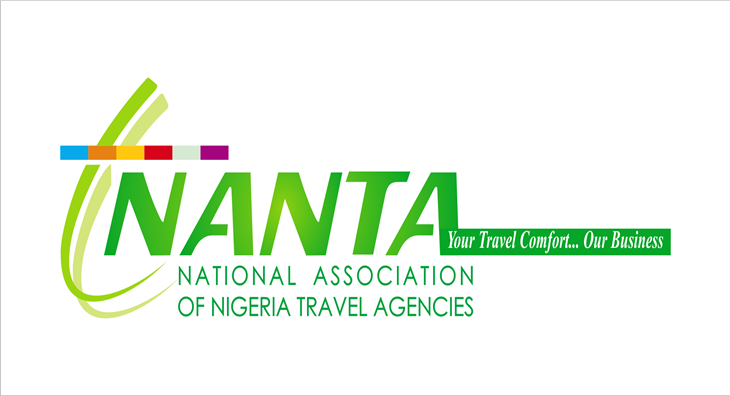
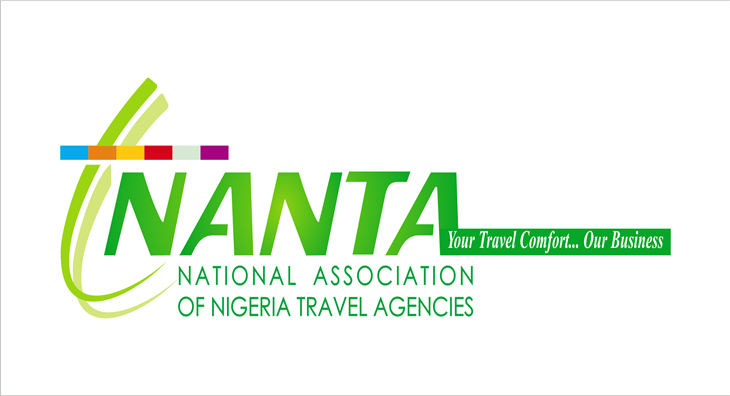


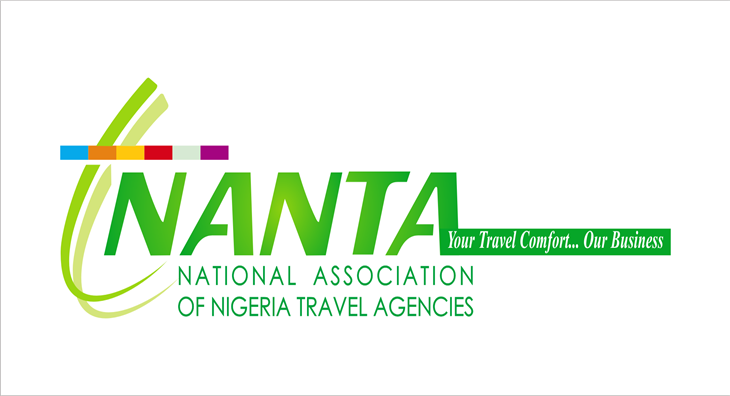




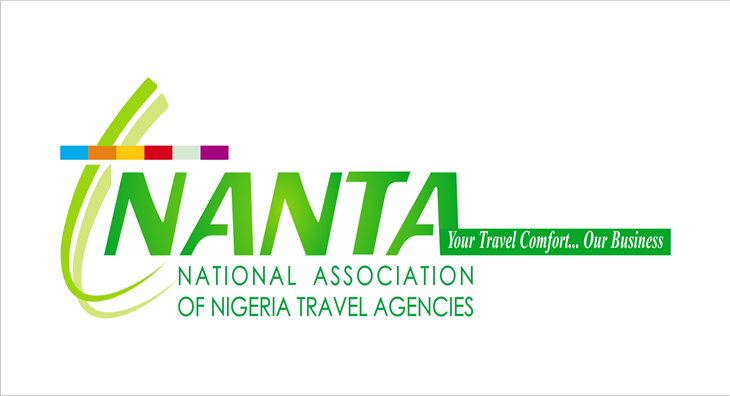




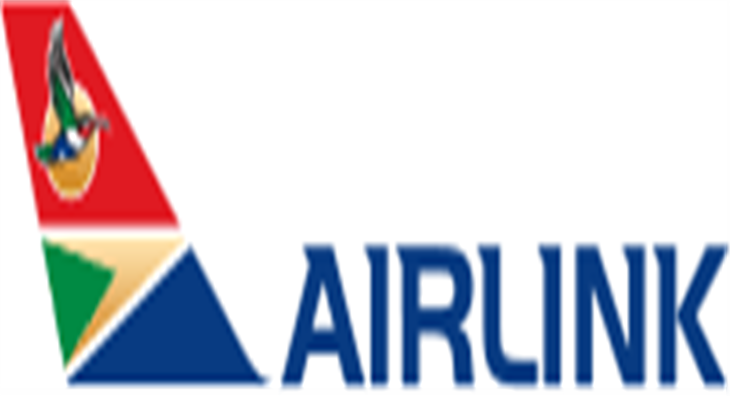
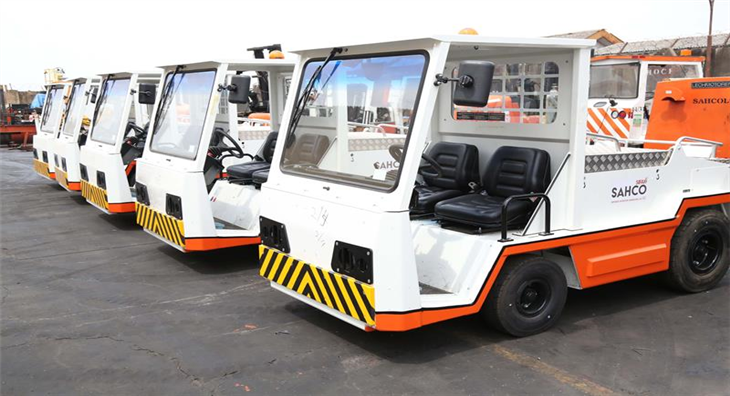
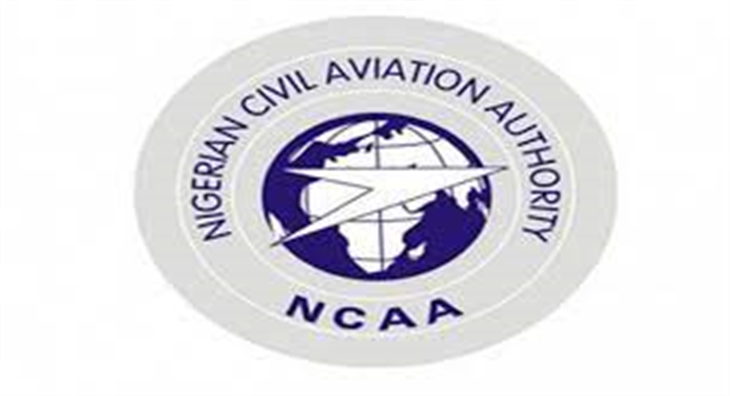



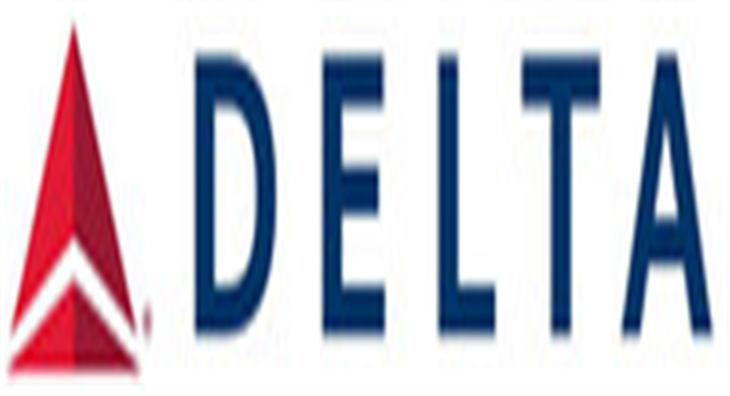






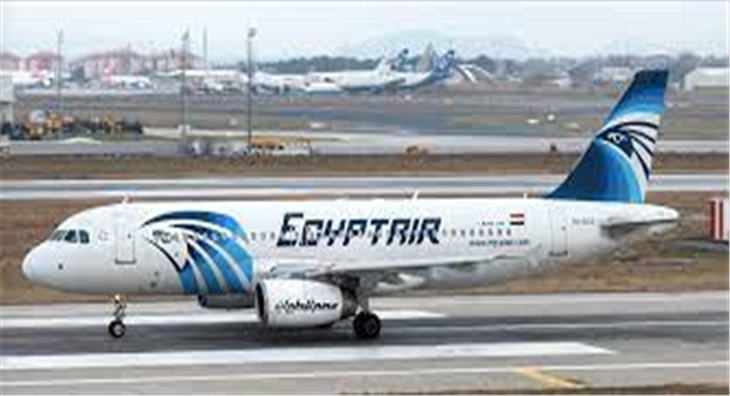
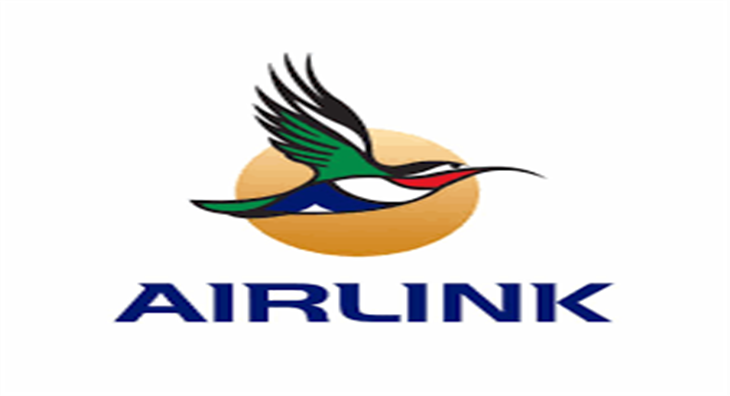
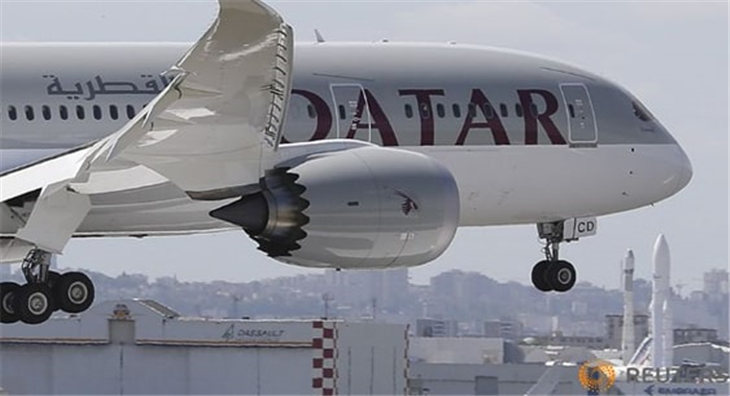




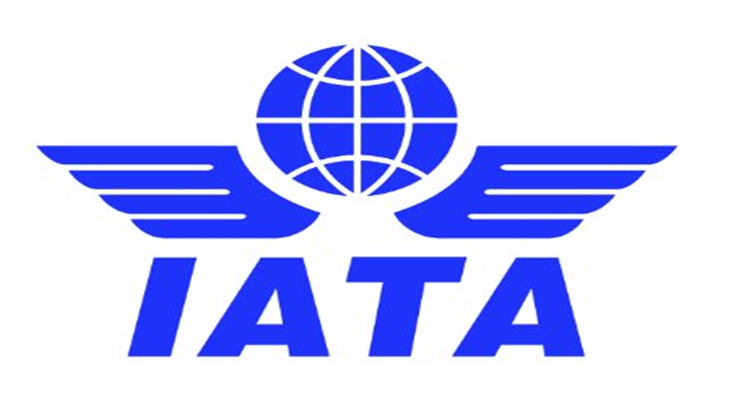
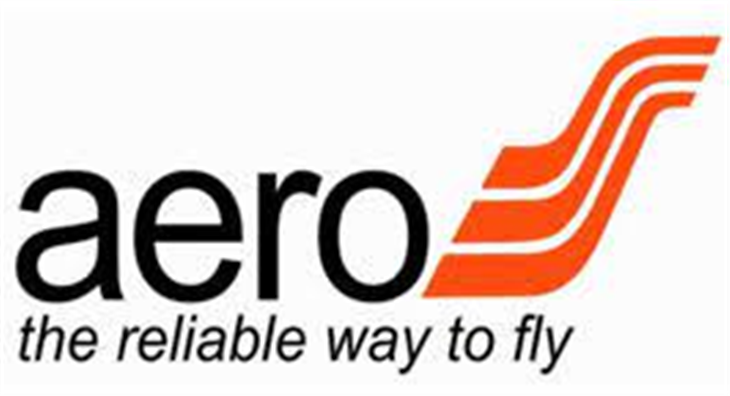
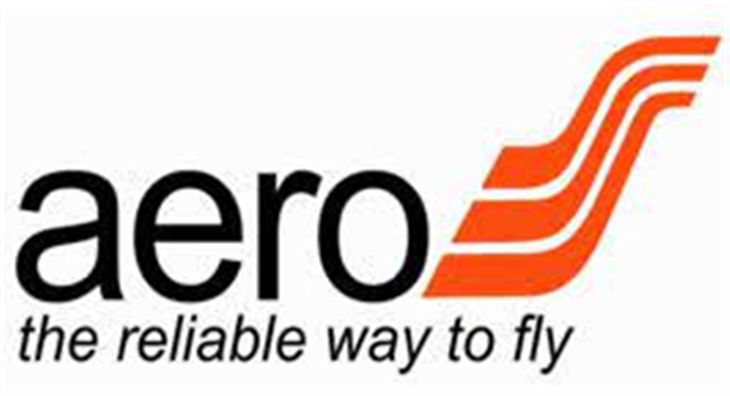
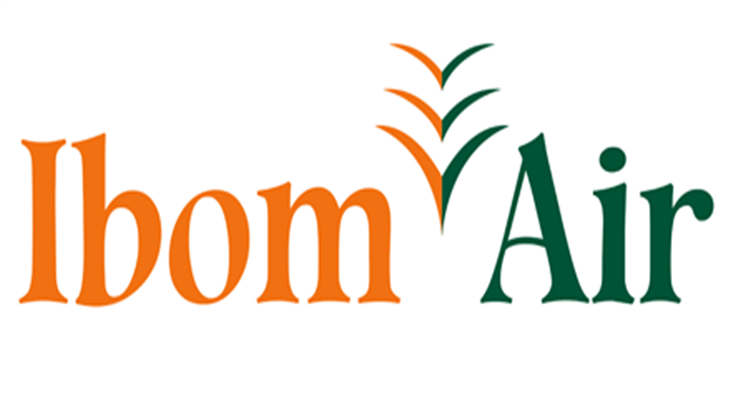




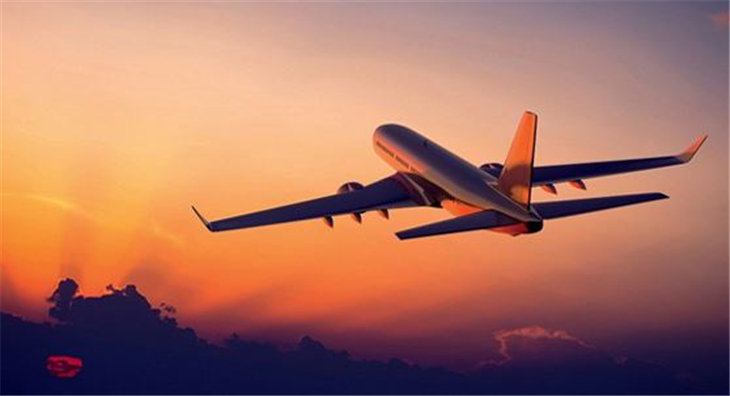


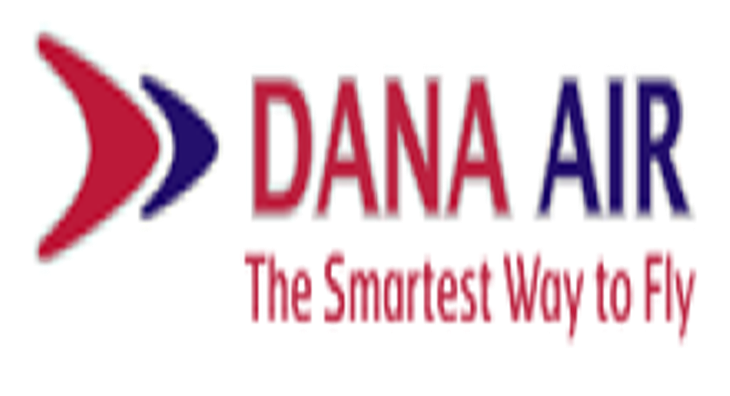
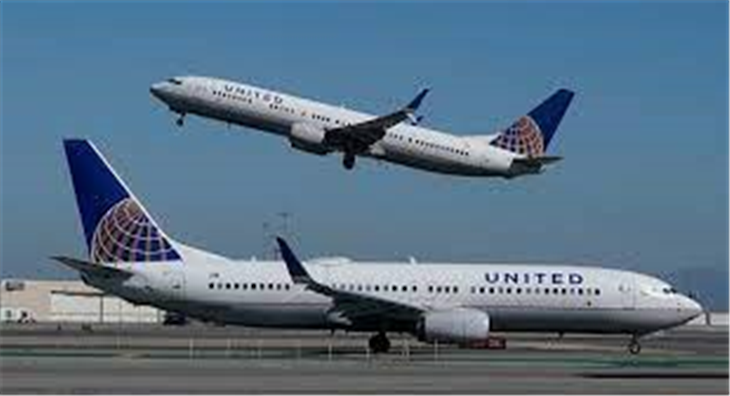
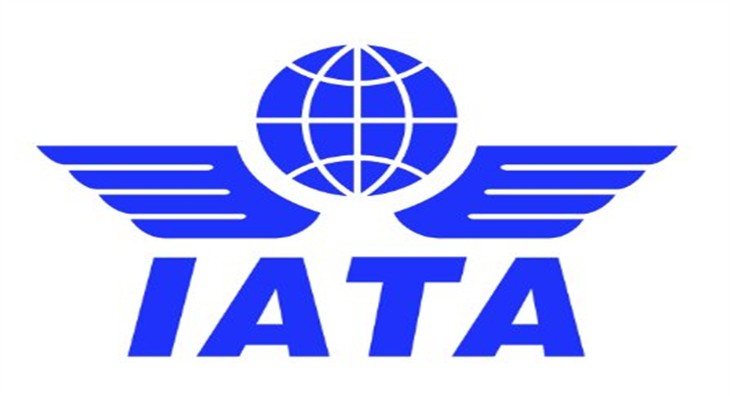


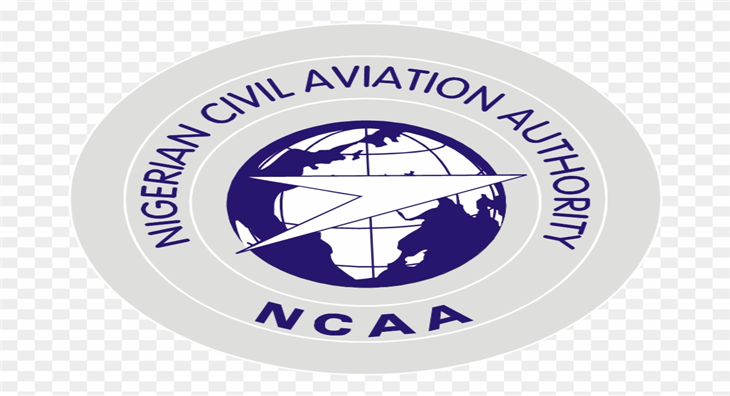



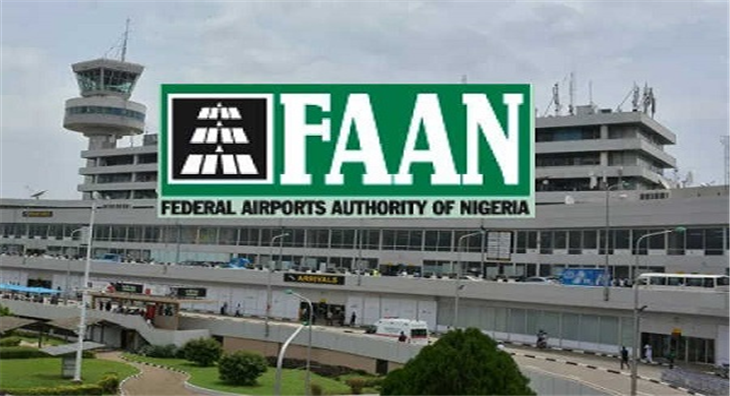

.jpg)
.jpg)
.jpg)
.jpg)
.jpg)


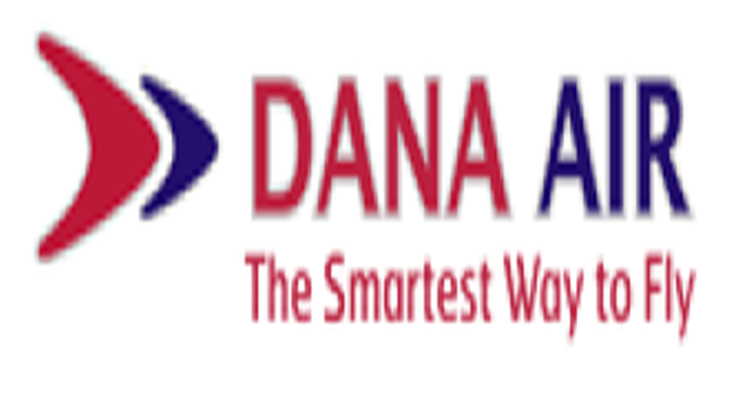




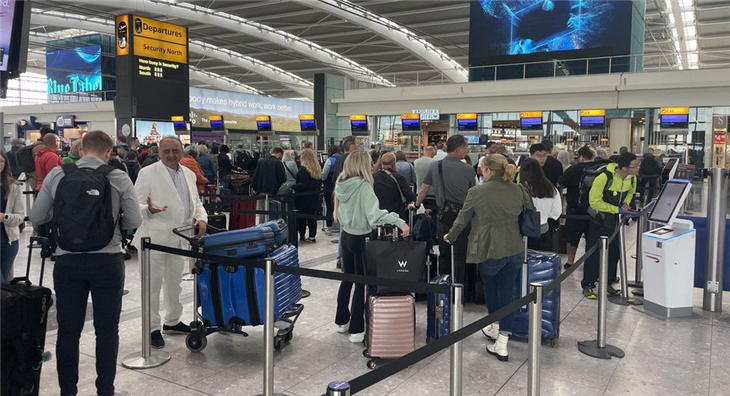

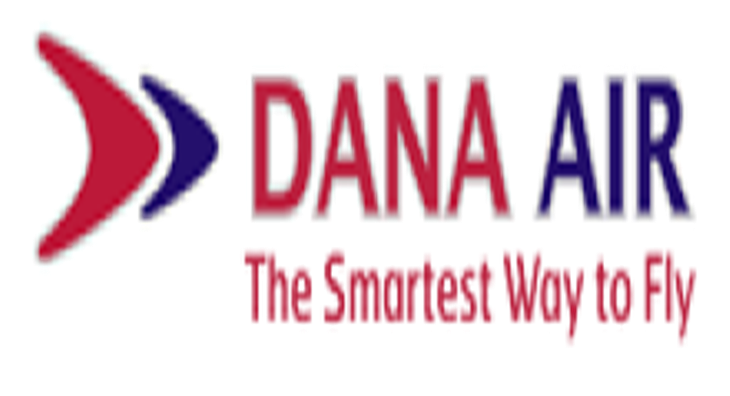

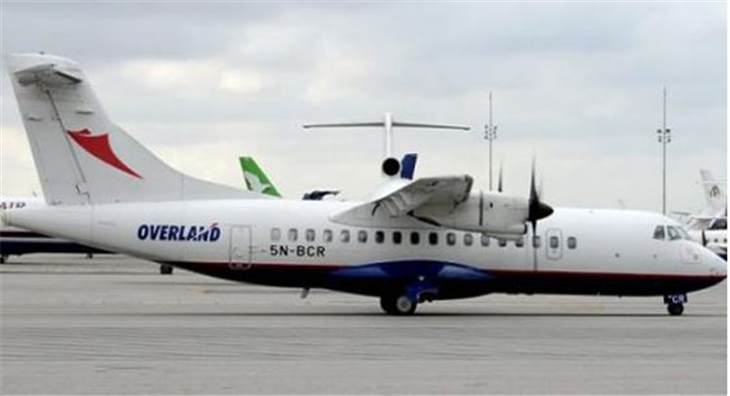
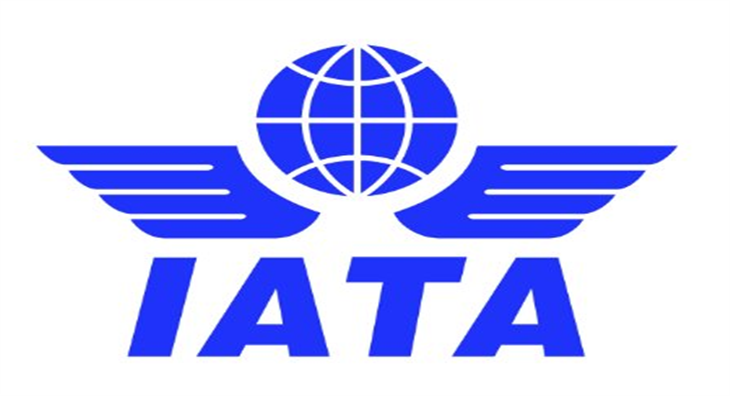
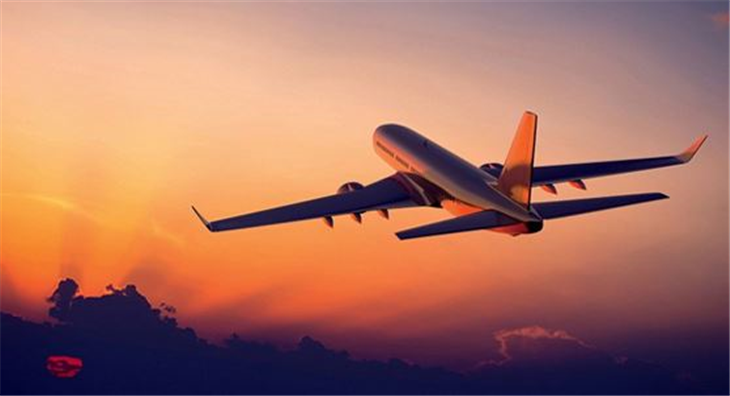

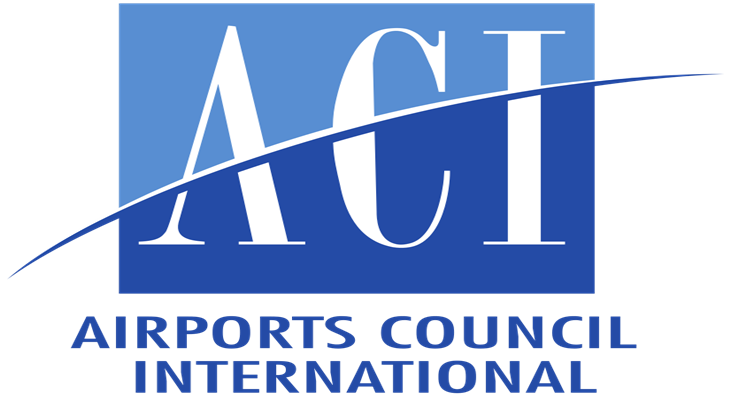
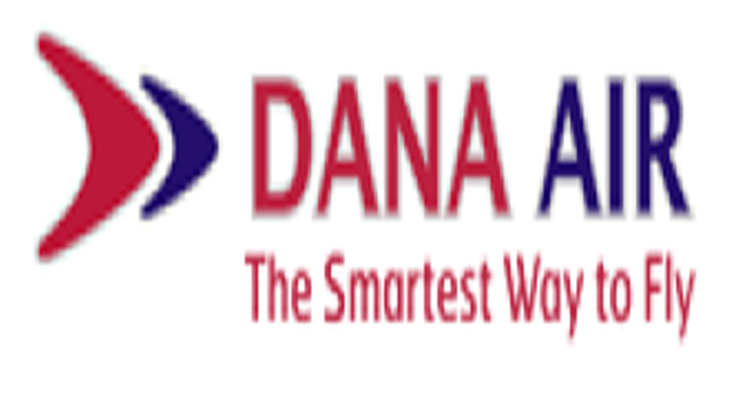
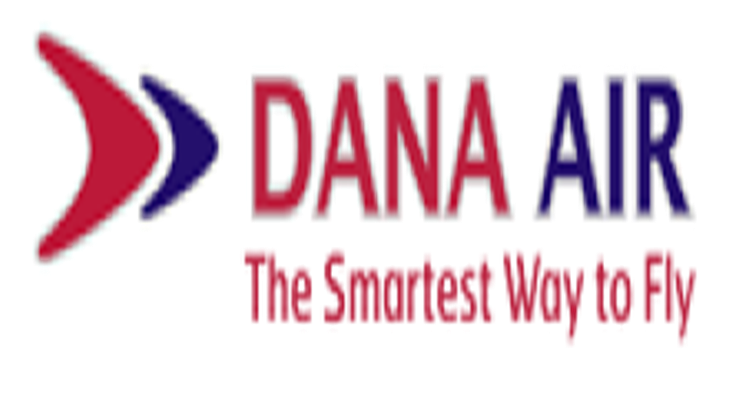

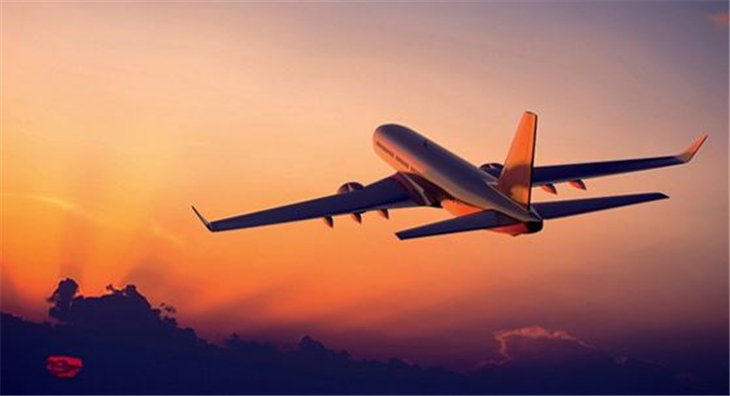

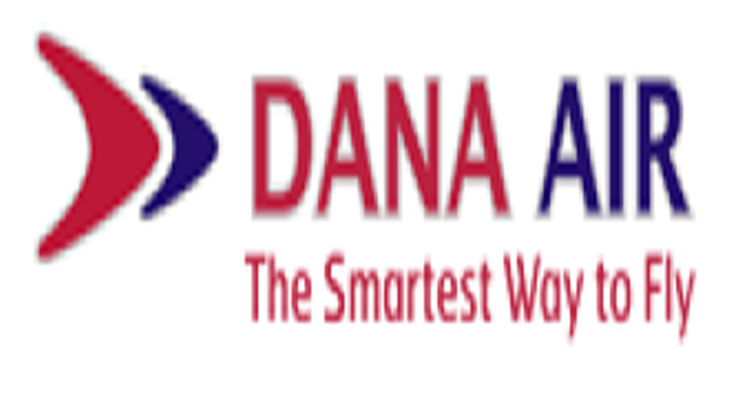

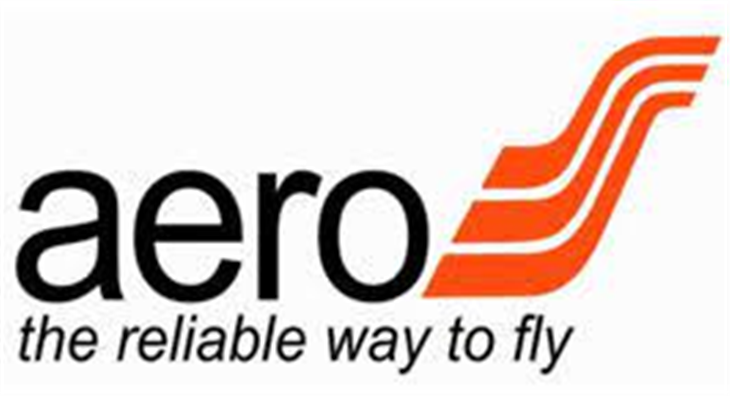




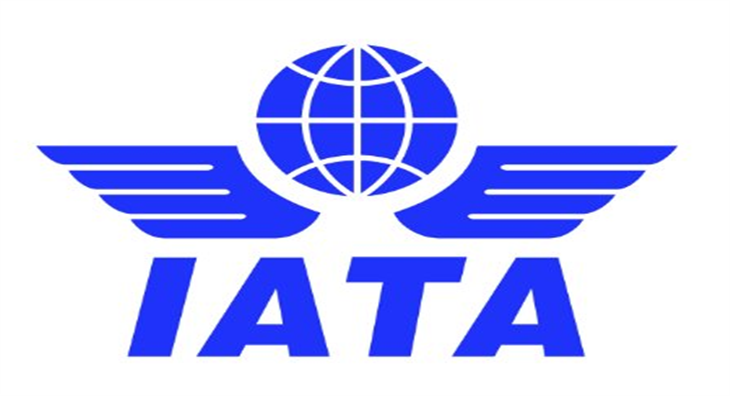



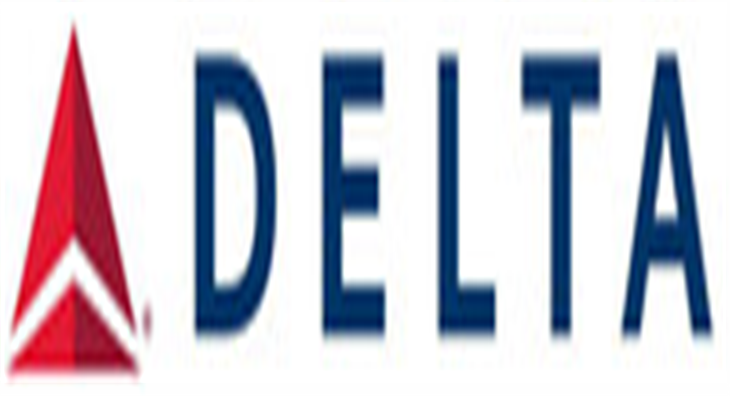
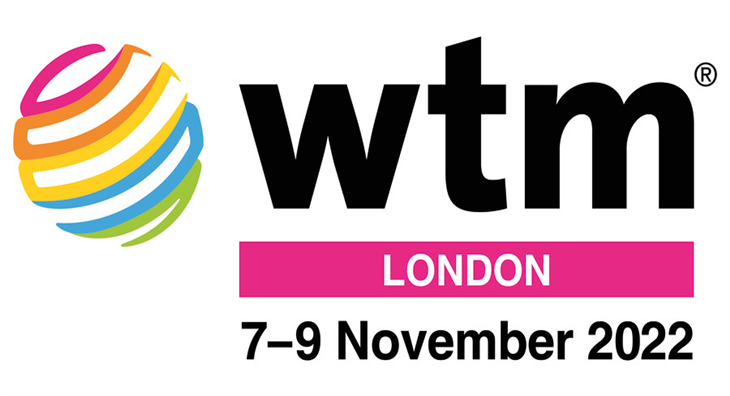


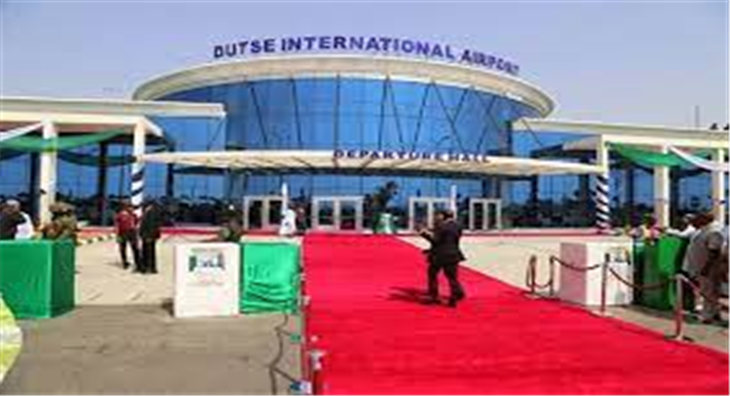


.jpeg)
.jpg)
.jpg)
.jpg)
.jpg)
.jpg)
.jpg)
.jpg)
.jpg)
.jpg)
.jpg)
.jpg)
.jpg)
.jpg)
.jpg)
.jpg)
.jpg)
.jpg)
.jpg)
.jpg)
.jpg)


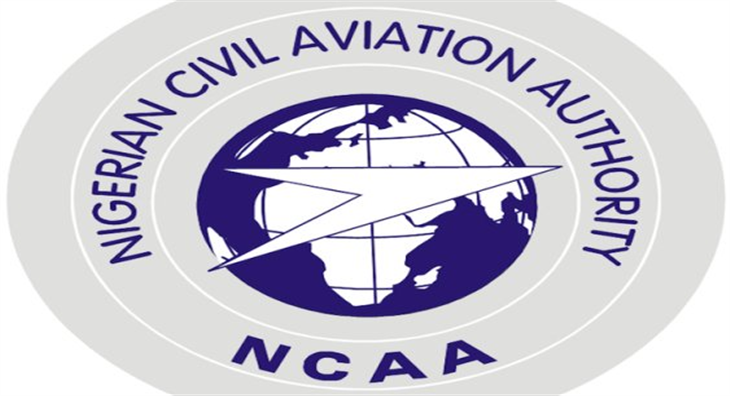

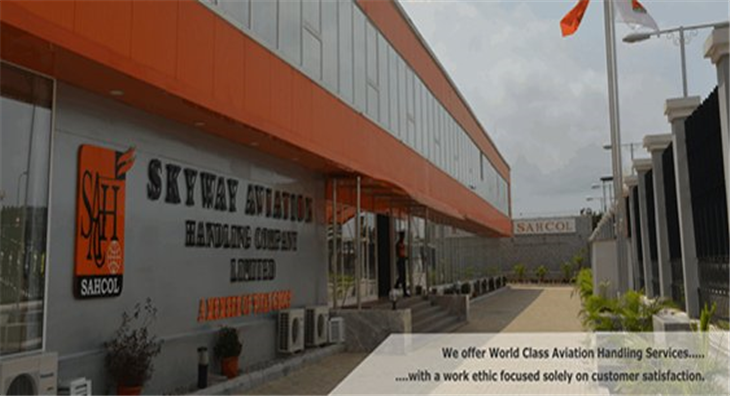
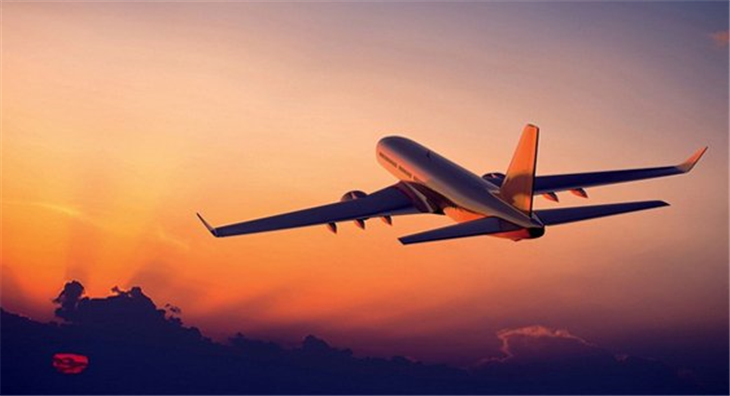
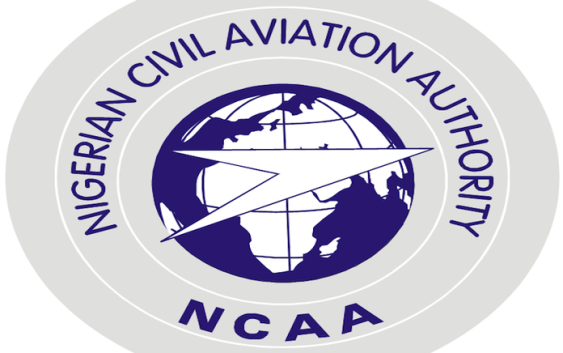
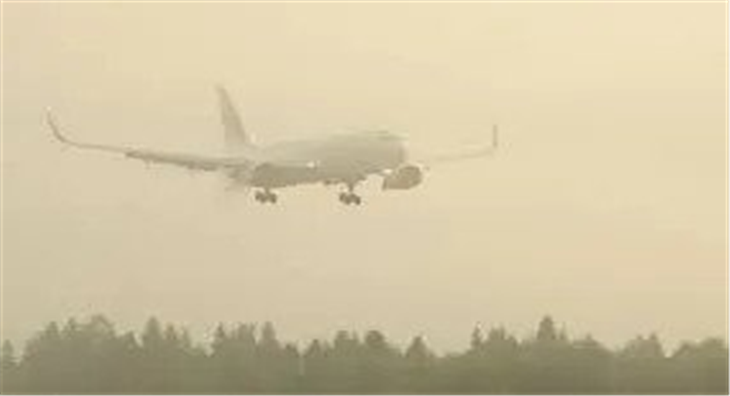
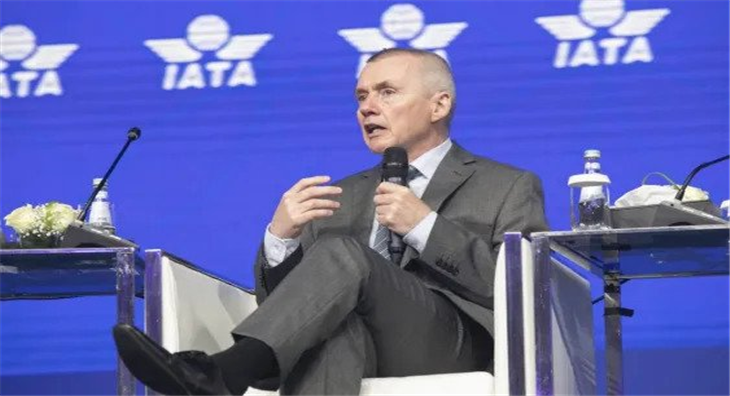



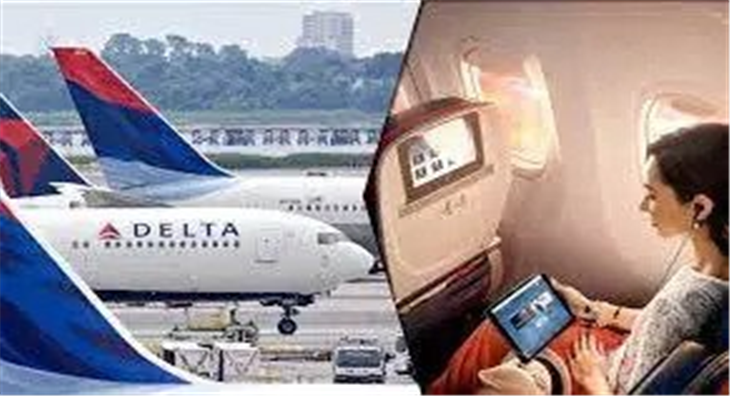
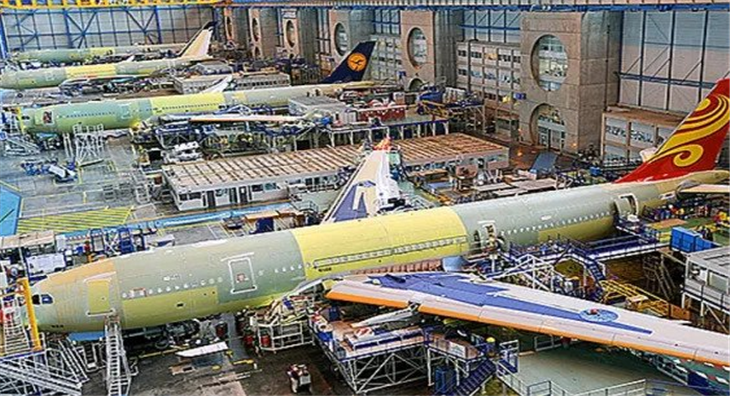


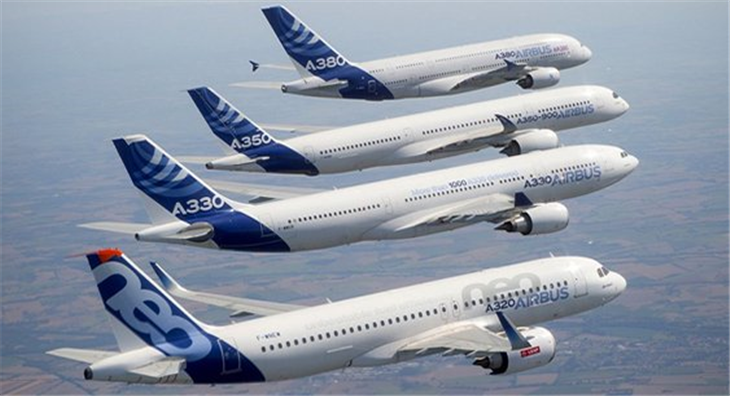
.jpg)





.jpg)















.jpg)




.jpg)
.jpg)


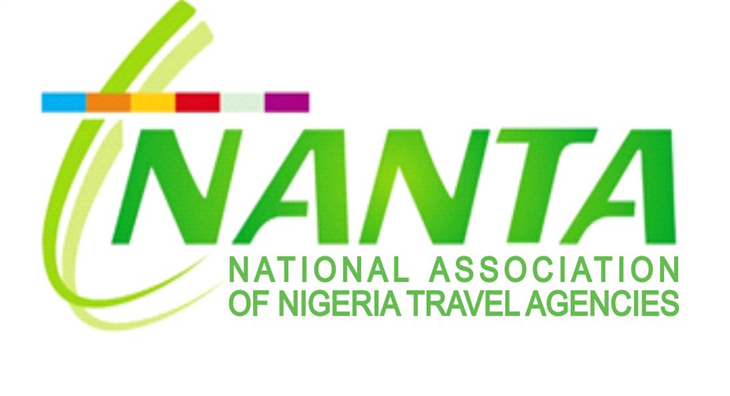





.jpg)
.jpg)
.jpg)
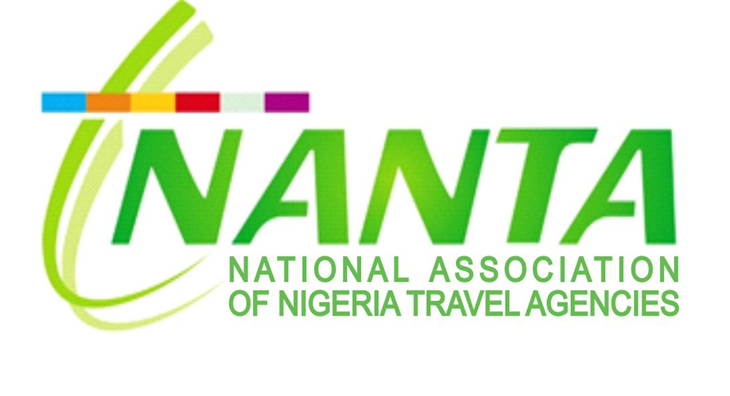



.jpg)

.jpg)



.jpg)

.jpg)

.jpg)

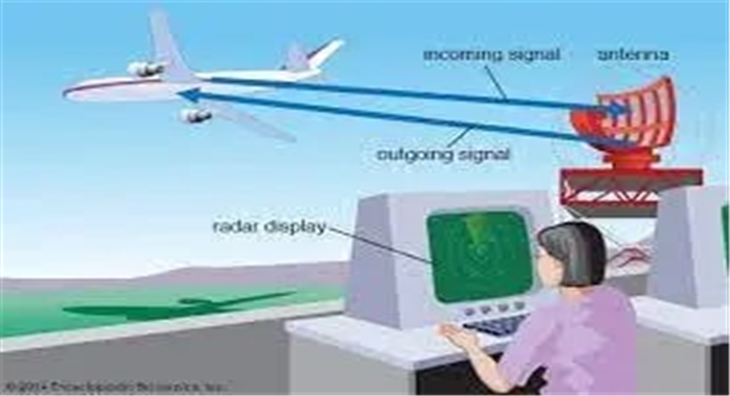






.jpg)




.jpg)



.jpg)
.jpg)



.jpg)

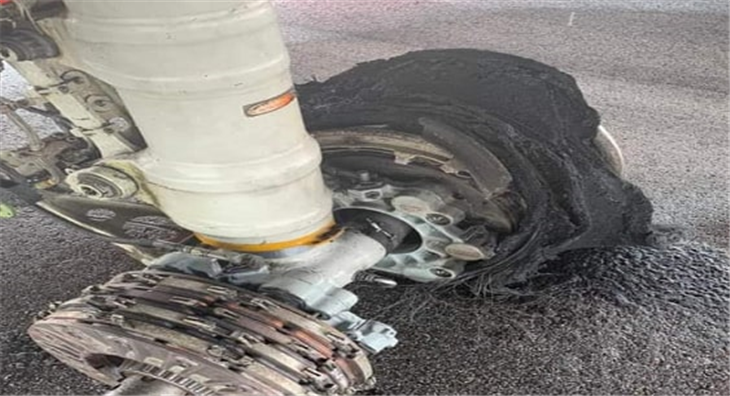


 (1).jpg)







.jpg)
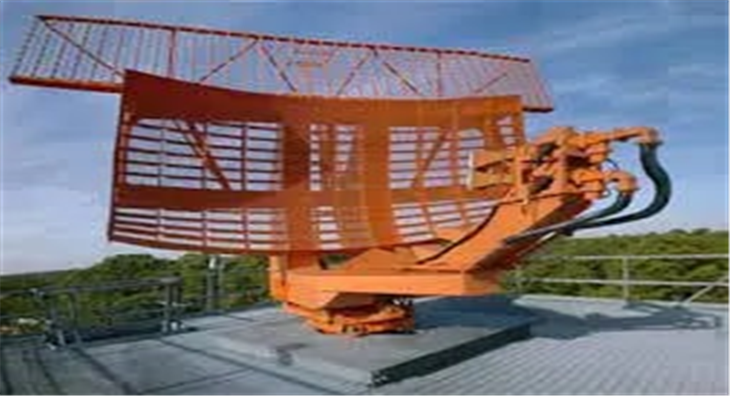


.jpg)


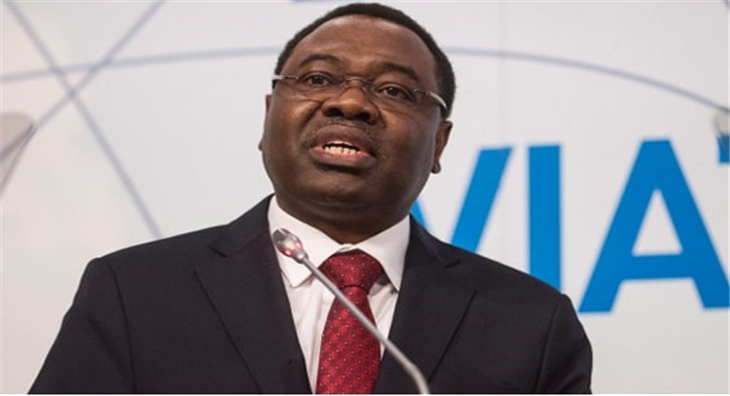


 (1).jpg)
.jpg)
.jpg)








.jpg)
.jpg)







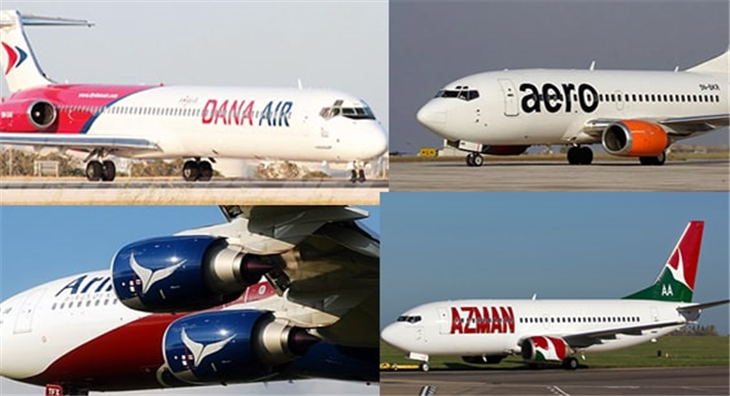


.jpg)






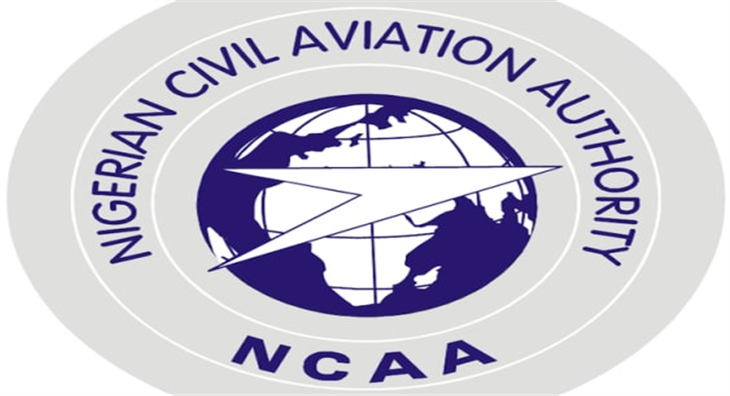

.jpg)

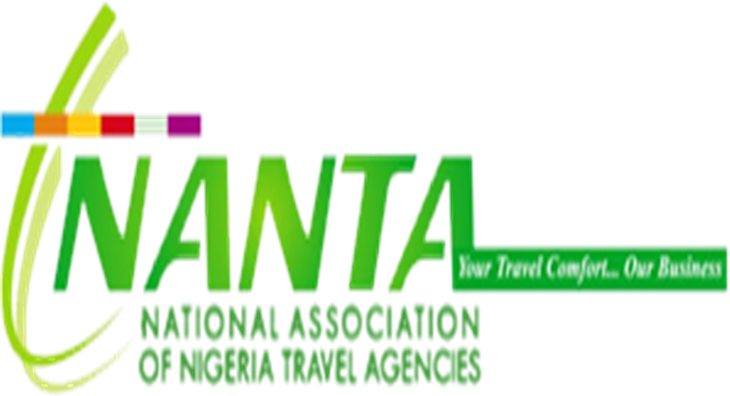
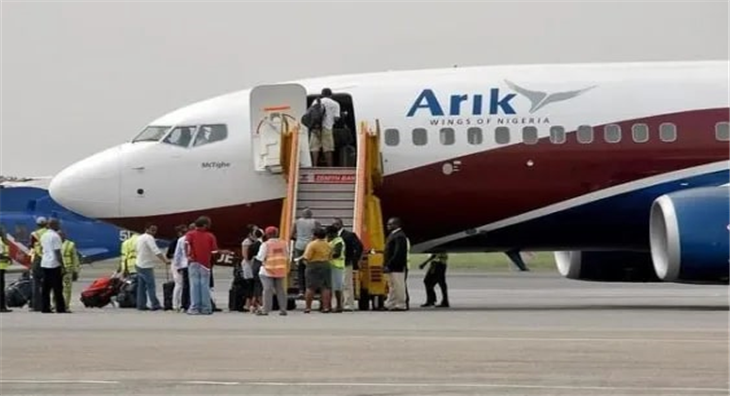

.jpg)

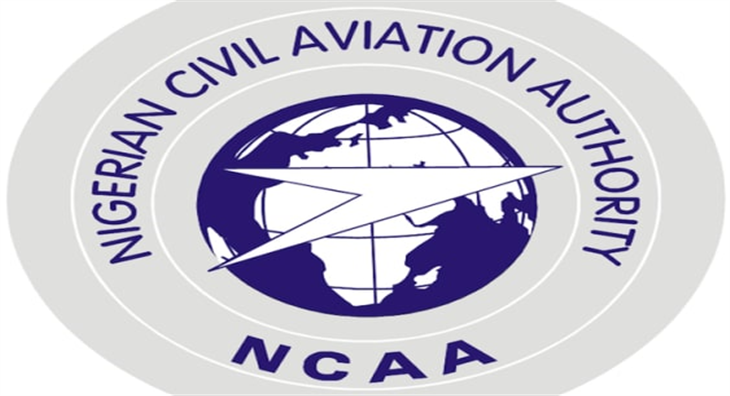


.jpg)



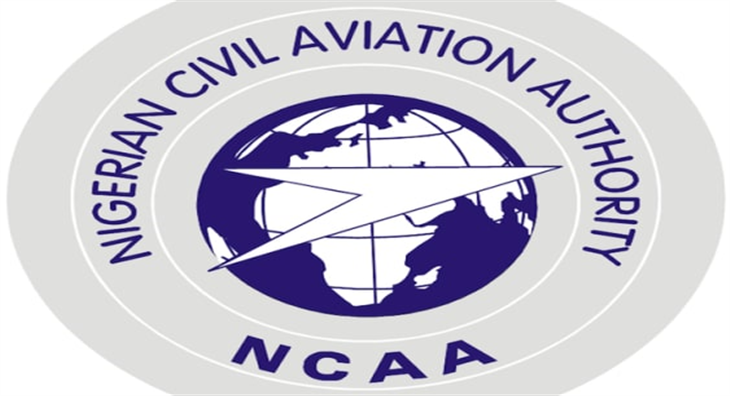



.jpg)
.jpg)
.jpg)
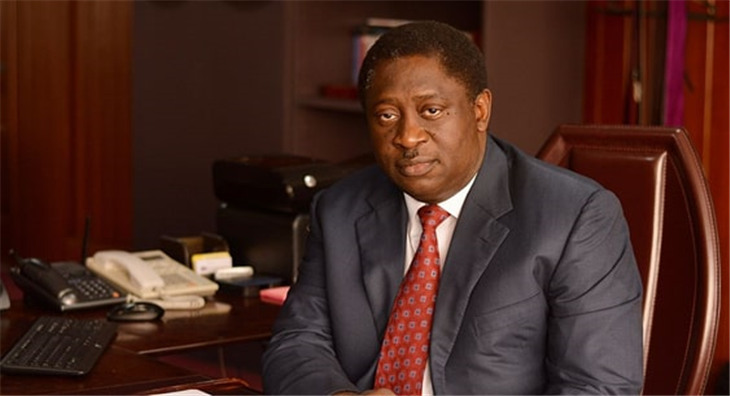










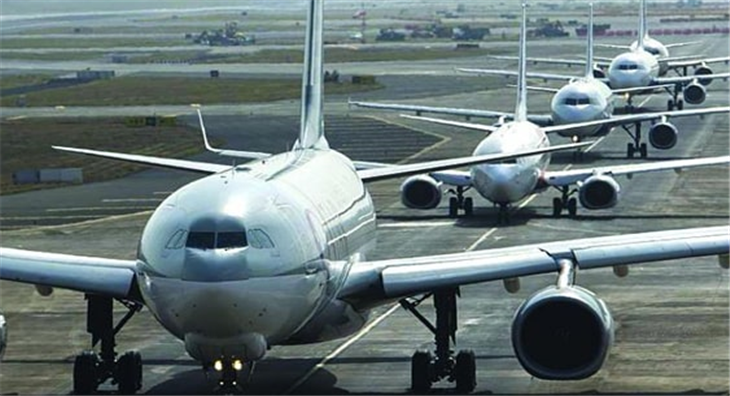
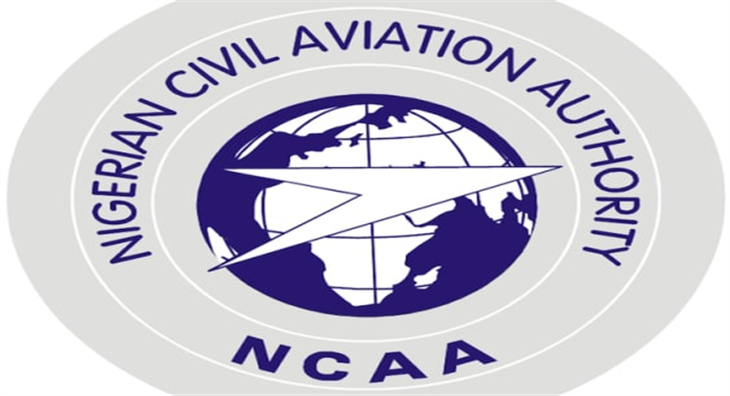
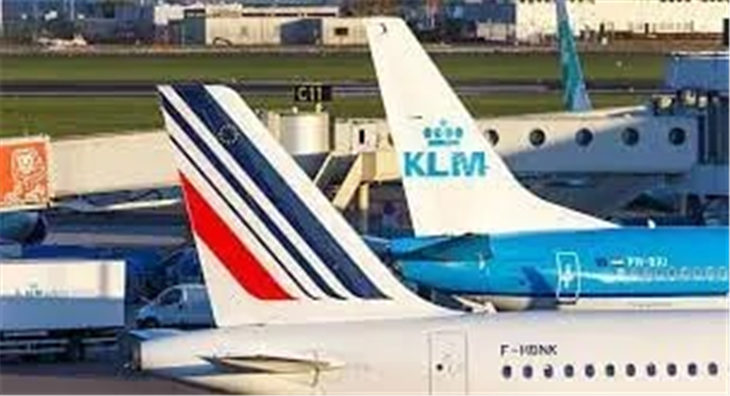
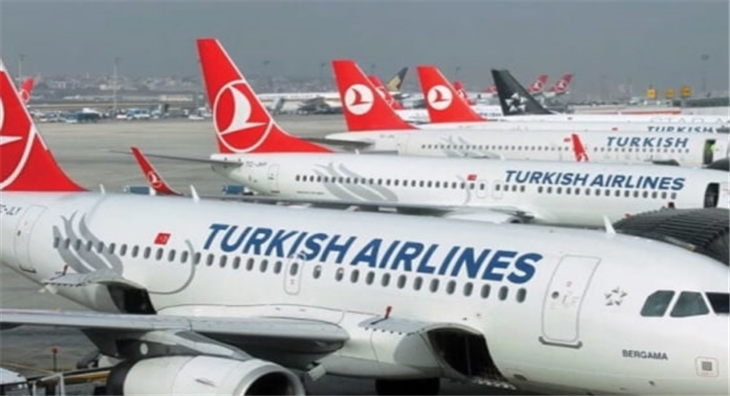





.jpg)











.jpg)

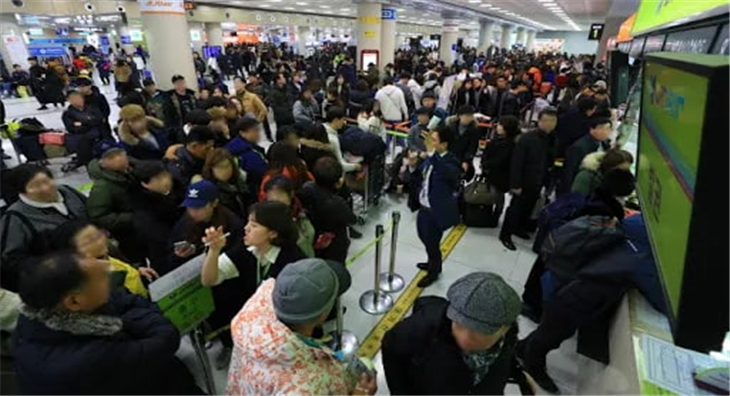
.jpg)

.jpg)



.jpg)










.jpg)
.jpg)

.jpg)





.jpg)
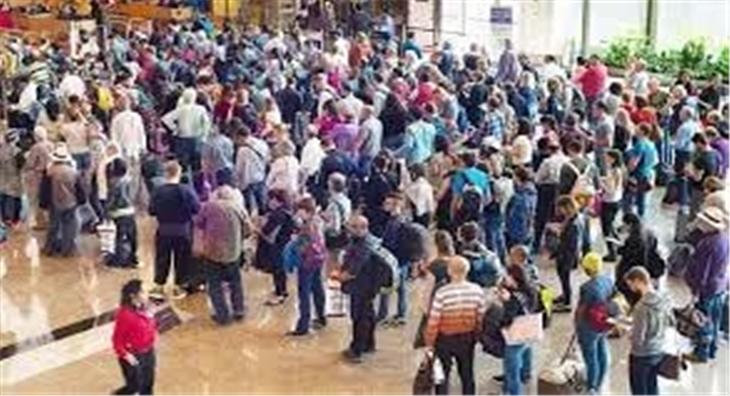










.jpg)




.jpg)


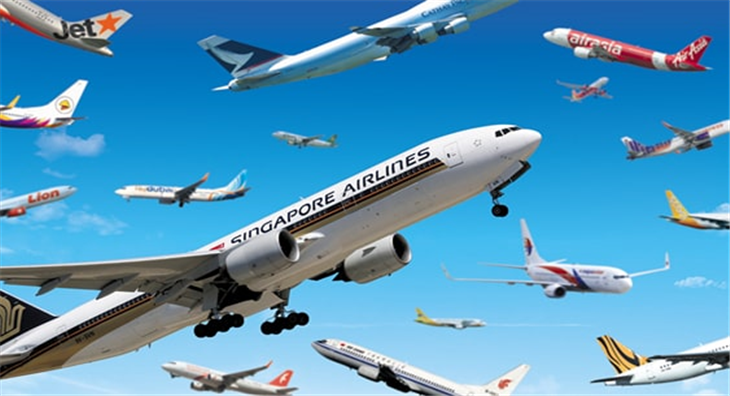

.jpg)

.jpg)


 (1).jpg)

.jpg)





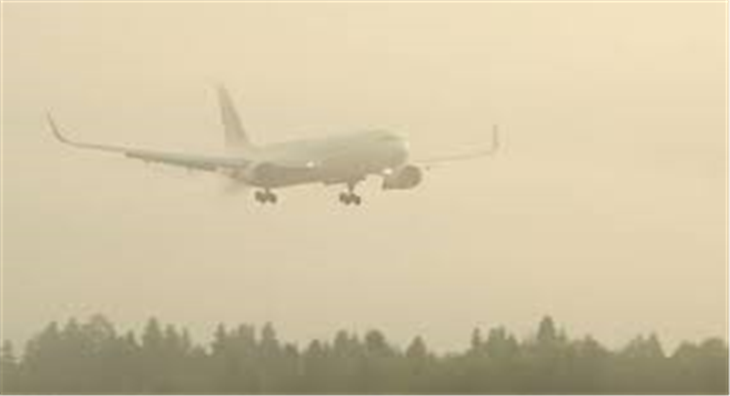



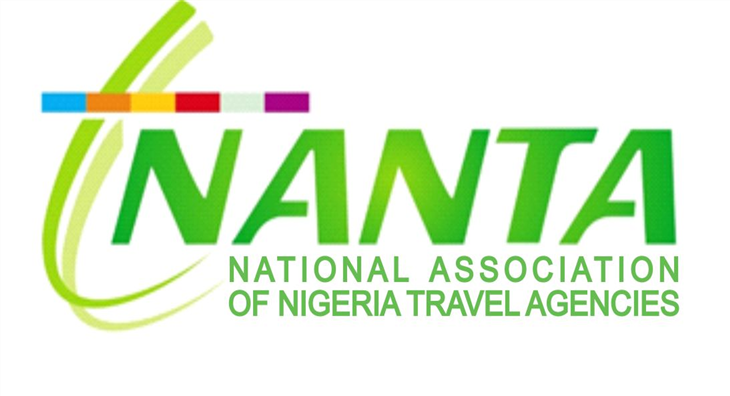
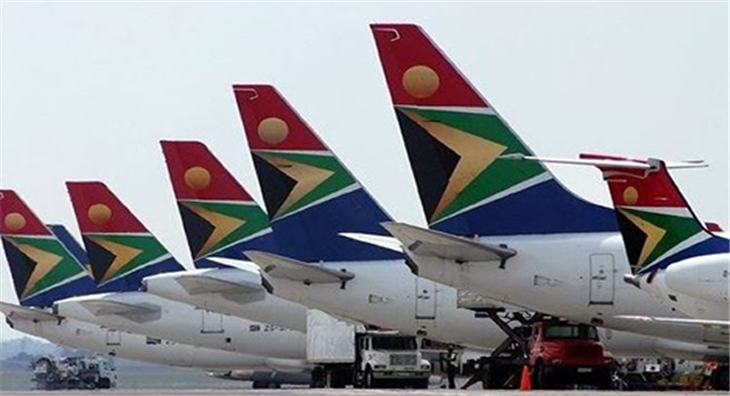
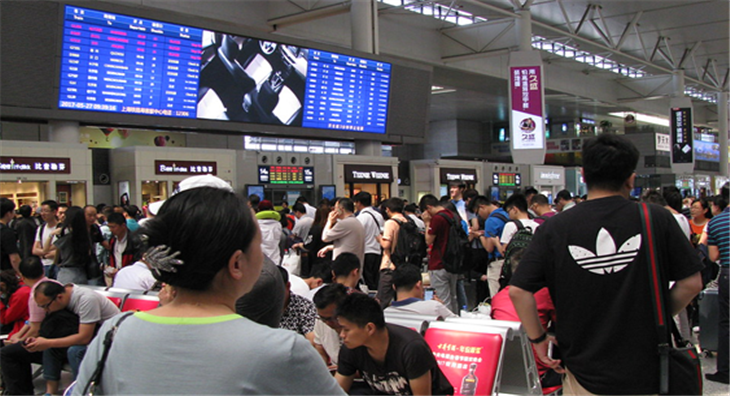

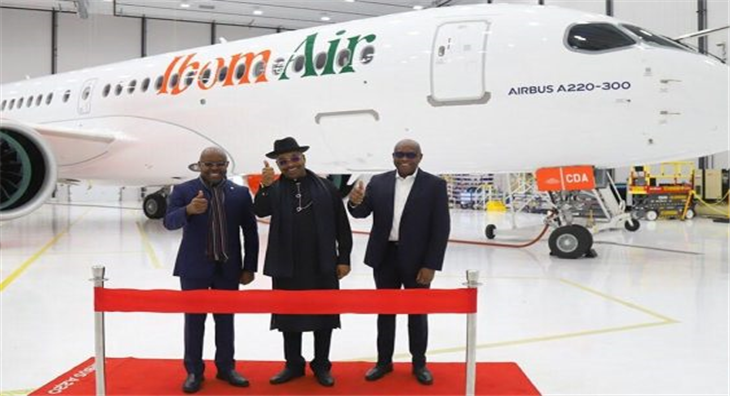
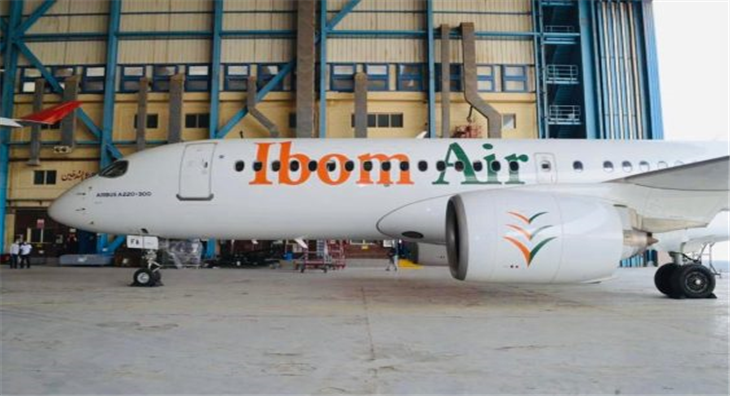

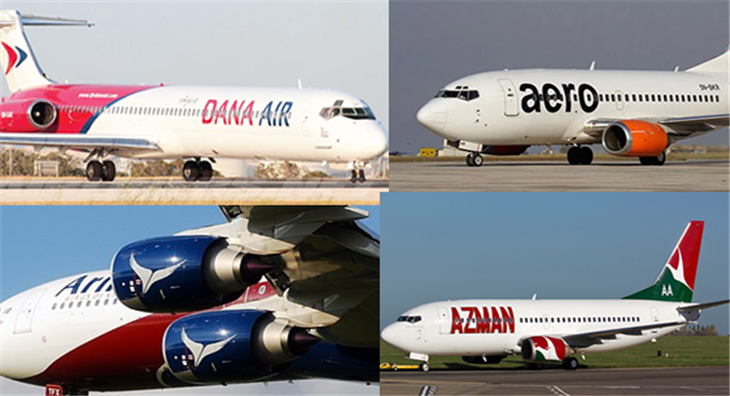
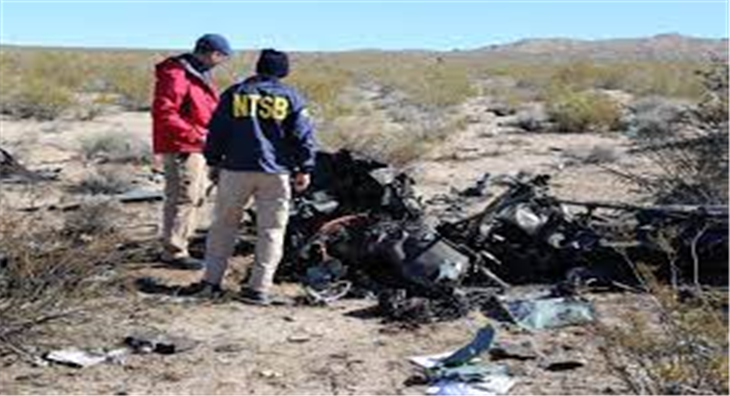
.png)



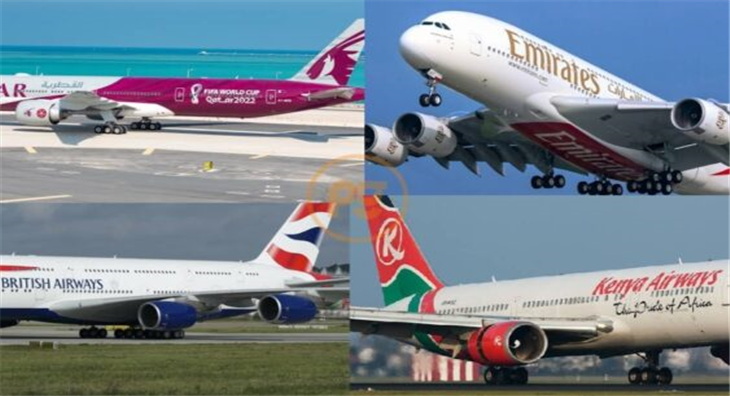
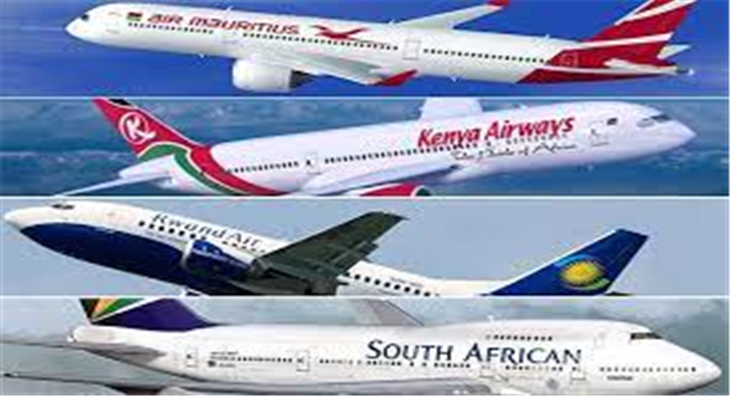
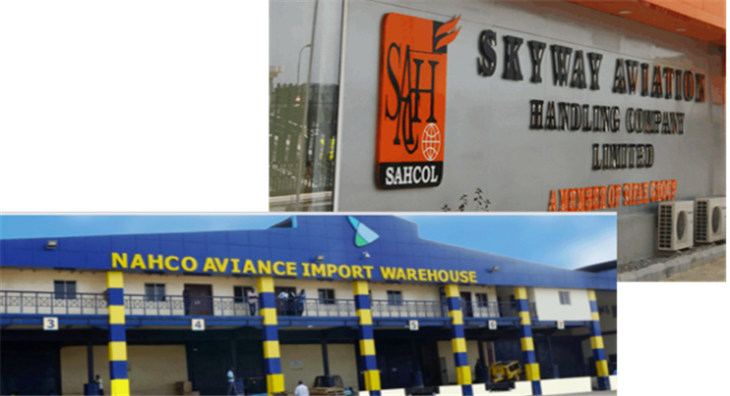
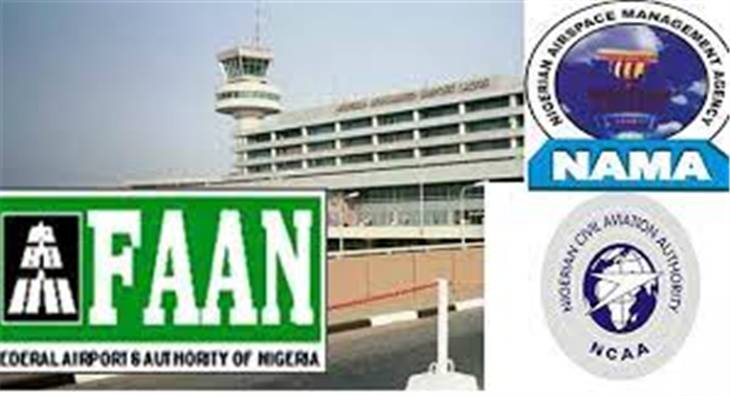





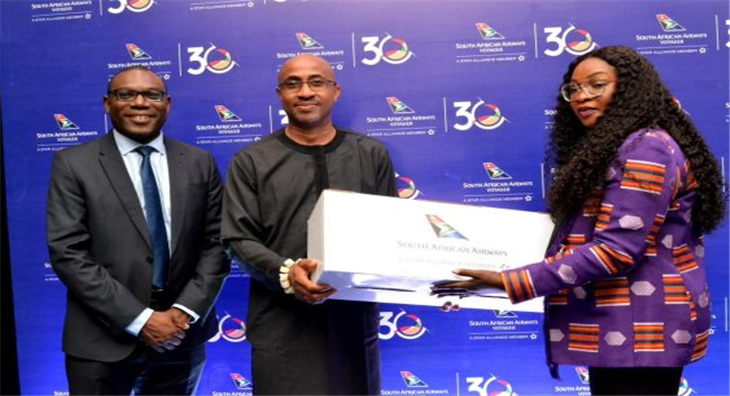


.jpg)
.jpg)
